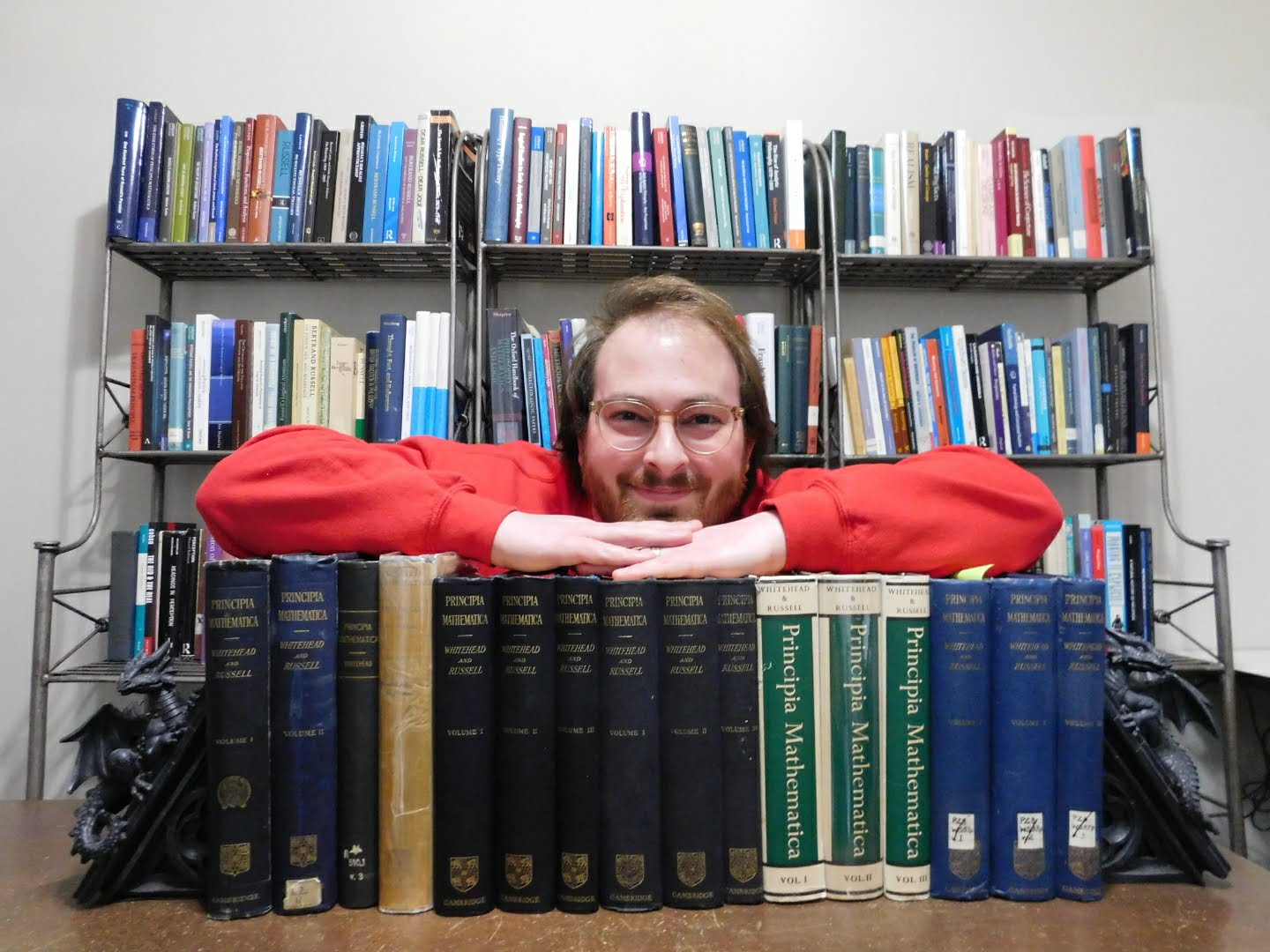The Contact Argument: A Little Unduly Simple?
Published in American Philosophical Quarterly, 2022
Abstract
The contact argument is widely cited as making a strong case against a gunk-free metaphysics with point-sized simples. It is shown here that the contact argument’s reasoning is faulty even if all its background assumptions and desiderata for contact are accepted. Further, the simples theorist can offer both metric and topological accounts of contact that satisfy all the contact argument’s desid-erata. This indicates that the contact argument’s persuasiveness stems from a tacit reliance on the thesis that objects in contact are inseparable: the simples theorist must allow that separated objects might be in contact. The concluding section critically considers this contact-separability thesis and argues that rejecting it is not so terrible. The upshot of all this is that the contact argument is simply unconvincing.
Recommended citation: Elkind, Landon D. C. (2022). "The Contact Argument: A Little Unduly Simple?" American Philosophical Quarterly 59(3), pp. 247-261.
